Before buying a horse, you should check how much does a horse cost and calculate your budget first. Believe it or not, it is not so exclusive nowadays as many people think. In fact, about 7.2 million Americans take care of their horses.
Even though a horse is an expensive investment, the direct expenses you need to think about include the state where you live and how you decide to manage your animal. It is not the same if you have your ranch in Texas or live in New York and need to find appropriate accommodation for your horse. Lets’ check this.
The Costs of Horse Ownership
Horse itself
It is not easy to say how much money you need to buy a horse. It can cost you nothing, or you should pay hundreds of thousands of dollars or even millions for the best animals. If you are new in this sport, it will be enough to set aside $5,000 to $10,000 for a decent horse. The final price for a horse will depend on:
- Your location
- Horse breed, pedigree, age, sex, health status, purpose, and training level
- Available animals
The estimated price for an average horse for riding practice is usually $4,250.
Purchasing process
Unfortunately, the price you need to pay for your new horse is not the only expense you need to pay. It is recommended to start with a pre-purchase exam.
You need a vet evaluation to be sure that the horse is fit and healthy. Even though you have a cheaper two-stage vetting process, the full and more rigorous five-stage process is the more secure option and will give you all relevant information about the horse’s condition.
Sometimes, you can take the horse on trial, but you need to pay for this period, like when leasing it.
The next step is to provide transportation. It will cost you differently, depending on the option you choose. If you have your own trailer, you will need to buy fuel. On the other hand, hiring someone to do this for you will cost you money, based on distance and gas prices.
Keep in mind that you need to provide a health certificate and a Coggins test if you plan to cross the state lines. Since requirements are not the same for every state, you need to check them. If you need to pass two borders, you will need to fulfill the requirements for each state line.
For example, these expenses will be at least $850 when you need to transport your horse up to 80 miles (129 km) and cross one border.
Costs After Buying a Horse
Housing
As you can imagine, boarding fees are high but significantly depend on the boarding facility. The housing you choose is always based on the horse, its purpose and quality, and your budget.
Keep in mind that a boarding facility or stable will also widely range depending on the area where you live, the option of full or partial care, and a deal about feeding and cleaning.
The average expenses are approximately $250 to $500 a month when you require complete care. Self-care is much more affordable, so you should pay only $100 a month in such a case. So, let’s consider your options to keep your horse happy and protected:
Annual costs for a horse |
|
| Purpose | Overall costs |
| Horse | $4,000 on average |
| Purchasing process | $850 to $900 |
| Housing | $1,200 to $9,000 |
| Feeding | Up to $3,650 for hay and up to $1,500 for grain |
| Supplements | $840 |
| Salt block | $14 |
| Equipment | $265 |
| Tack | $740 |
| Rider training | $2,800 |
| Horse training | $600 |
| Professional help | $250 |
| Farrier | $450 to $2,800 |
| Veterinary care | $200 to $550 |
| Vaccines | $95 |
| Dentist | $100 to $250 |
| Deworming | $30 |
| Insurance | $400 to $1,000 |
| End of life cost | $600 to $4,000 |
Full board
The full board is the solution when you pay for a stall with provided stall cleaning, food, water, feeding, turnout, electricity bills, and maintenance.
This option also includes regular farrier, vet, and dentist visits with shared farm call fees. You can also apply for trainers and instructors for both you and your horse. The overall costs of such an arrangement are $4,800 to $9,000 per year or $400 to $750 a month.
Partial board
This variation implies paying for a stall without other services and amenities. In this case, you will need to provide food, feed your horse, turn it out daily, and clean the stall. However, staff can help you by the agreement you make.
This option is cheaper, plus you have control over your horse care. It will probably cost you $3,000 to $6,000 per year or $250 to $500 monthly.
Self-care board
In this case, you should pay for a stall and paddock, but the obligations regarding the horse are on you. You can’t expect any help and need to do all the job on your own.
So, you should buy food and shavings, fill the water bucket, feed and turn the horse out, muck stalls, and organize the vet and farrier visits when necessary. This arrangement will cost you at least $2,400 to $3,600 per year or $200 to $300 a month.
Pasture board
It is a cheap solution and an excellent opportunity for your horse to stay outside all day long. Plus, it will cost you only $1,200 to 3,600 per year or $100 to 300 a month. Remember that it is necessary to check if the pasture is fenced and safe, whether there is ample water, and the level of the sheltering quality.
Your own home
Probably the best option is to keep your horse on your own property. However, you should be aware that this is not the most affordable option you have at your disposal. You need to count on property tax for such a large piece of land and the necessary horse amenities.
For example, you will need to pay at least $20,000 for a decent arena and fencing. Then, it is necessary to add at least $3,000 to $50,000 for a barn. You should also count on:
- $4 to $5 per bag of shavings
- $20 to 25 for setting the stall up
- $8 to 20 a week to keep the stall tidy
Additionally, you need to maintain outbuildings irregularly, including:
- Replacing roofs
- Painting siding
- Repairing fences
- Fertilizing and seeding pastures
- Managing weeds
In the end, you should calculate daily expenses, like:
- Fuel for a truck
- Necessary equipment
- Tractors
- Power tools
- Manure spreaders
Unfortunately, the list is not finished, and your expenses can be enormous.
General maintenance
When you keep a horse on your property, you need to pay more than $800 for general maintenance, including:
- Upkeeping of the barn
- Equipment and fencing maintenance
- Vehicle and trailer maintenance
Horse Tack Cost
The minimum equipment for your horse will cost you:
- $500 for a low-end saddle
- $20 for saddle pad
- $60 for bridle with reins
- $25 for stirrups
- $30 for halter and lead rope
- $40 for stirrup leathers
- $30 for girth
- $35 for a bit
All these items will cost you approximately $750.
Horse Food Cost
Horse feed costs can significantly vary depending on the horse breed and type and your location.
The average horse of 1,000 pounds (453.5 kg) needs approximately 20 pounds (9 kg) of hay a day. The average price per bale of hay weighing 30 to 50 pounds (13.5 – 22.5 kg) is $4 to $20. The approximate estimation is that you need $750 to $3,650 per year.
Remember that grain and lush pasture can reduce requirements for hay during some months. Since bags of grain weighing 50 pounds (22.5 kg) cost $12 to $35, the overall costs for a diet that includes hay and grain will cost you approximately $1,500 annually.
Daily costs for a horse |
|
| Daily expenses | |
| One-half bale of hay | $3 to $5 |
| Two-cup concentrate servings | $1 or more |
| Supplements | $0.17 |
| Salt blocks | $0.04 |
| Farrier | $0.83 |
| Routine vaccines | $0.27 |
| Dentist | $0.35 |
| Deworming | $0.20 |
Supplements
You can find thousands of different equine supplements on the market that protect the joints, boost hoof health, or improve digestion. Their prices vary from $0.40 to $5 a day. That makes these expenses range from $30 to $100 per month or up to $1,200 a year.
Water
As you can imagine, an average horse requires a lot of water. If you keep it in the pasture, it will need about 6 gallons (22.7 l) per day. However, a mare nursing a foal will need at least 20 gallons (75.5 l) a day.
The water price is hard to calculate. If you have a well, you will need to pay only $0.06 a month for one horse’s needs. If you use city water, it will cost you $2.17 per 748 gallons (2,831.5 l) and $4 for the meter. It is practically nothing for something crucial as water.
Vet care
Annual vet care for a horse includes regular checkups, deworming, and vaccinations (rabies, equine influenza, tetanus). You will need to pay $45 to $60 for each visit, while vaccines cost $65 to $235 a year.
Your animal will also need regular dental care. Routine filing teeth (teeth floating) costs $50 to $175, but you need to pay an extra $45 to $60 for the farm call.
The price of a fecal exam is $30, and annual deworming is from $20 to $50. Additionally, you will need to pay for a Coggins test and health certificate when you plan to transport your horse over the state border. The Coggins test ranges from $35 to $90. In most cases, you should count on at least $525 per year for a vet.
However, you should also set aside some money for unexpected medical expenses like injuries, lameness, abscesses, colic, or infections. An emergency vet visit will probably cost you $145, while colic surgery is expensive and can reach $5,000 to $10,000.
An equine first aid kit will cost you $100 to $300. Some medications may cost you $30 a day. Basically, you can’t predict these expenses.
Farrier
Your horse will require a regular farrier visit once in 4 to 6 weeks. The price for trimming is $30 to $80 per horse or approximately $300 to $800 a year.
Front shoes will cost you $75 to $160 or at least $750 to $1,600 annually. If you want to change all four shoes regularly, you need to pay $95 to $275, or about $950 to 2,750 a year.
Horse Training Cost
The rider
Riding lessons are $35 to $75 per hour for regular lessons, while private lessons cost $50 per hour. So, you need to calculate $2,400 per year for this purpose.
The horse
Training board ranges from approximately $600 to $1,800 a month. Traveling trainers usually charge $40 to $75 per hour, while a regular trainer will cost you $650 a month.
Trailer and additional equipment
If you plan to buy a new two-horse bumper, it will cost you $15,000 to $30,000, while a used one is at least $5,000 to $9,000. A new truck is about $50,000, but you can find a used one for $6,000.
Another option is to rent a trailer, and overall costs will depend on the distance and necessary services. It is also required to buy some equipment, so you should pay for:
- $95 for a medium turnout blanket
- $70 for turnout sheet
- $20 for a bottle of fly spray
- $29 for a fly mask
- $40 for a grooming set
- $20 for shampoo and conditioner
The estimated costs for this purpose are about $265 a year.
Horse Insurance Cost
It is wise to have insurance that can be:
- Full or limited mortality
- Major medical
- Surgical
- Loss of use
- Personal liability
Estimated insurance cost at a value of at least $15,000 is $400 to $1,000 annually.
Summary
As you can see, having a horse can be highly expensive, but probably less than you have expected. The overall costs will depend on the animal you choose, the way of feeding and boarding it. Plus, they will vary based on your location and equipment.
On the other hand, you can make up your mind for a cheaper option and lease a horse. That way, you can ride it every week for a reasonable fee, without the additional costs for your own horse.
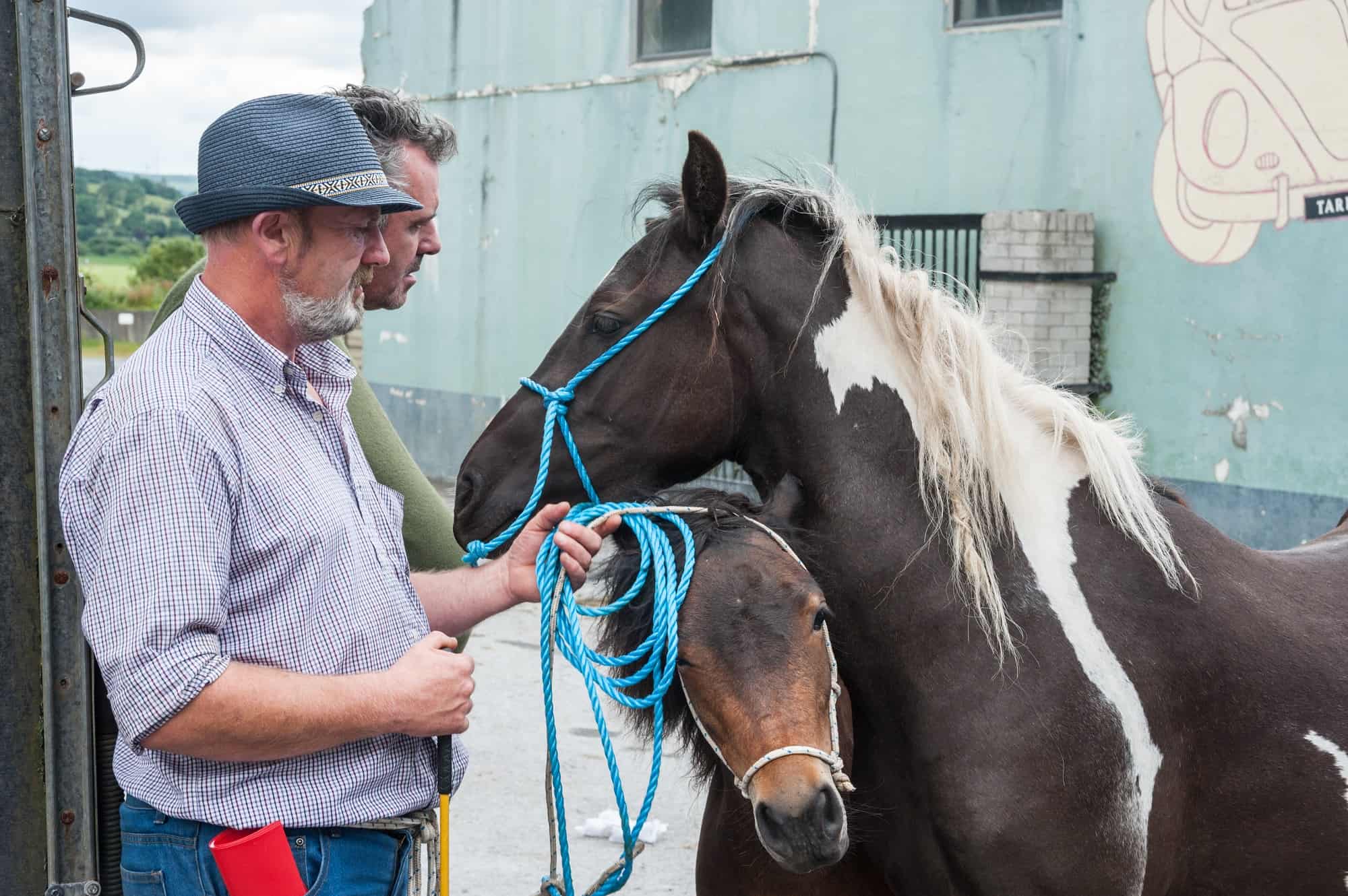
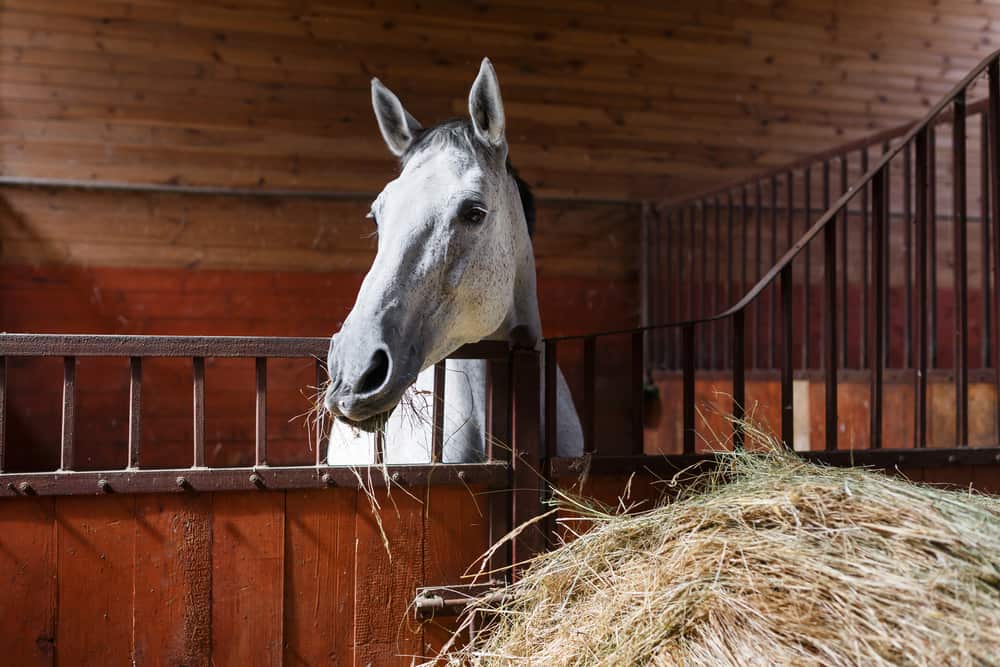
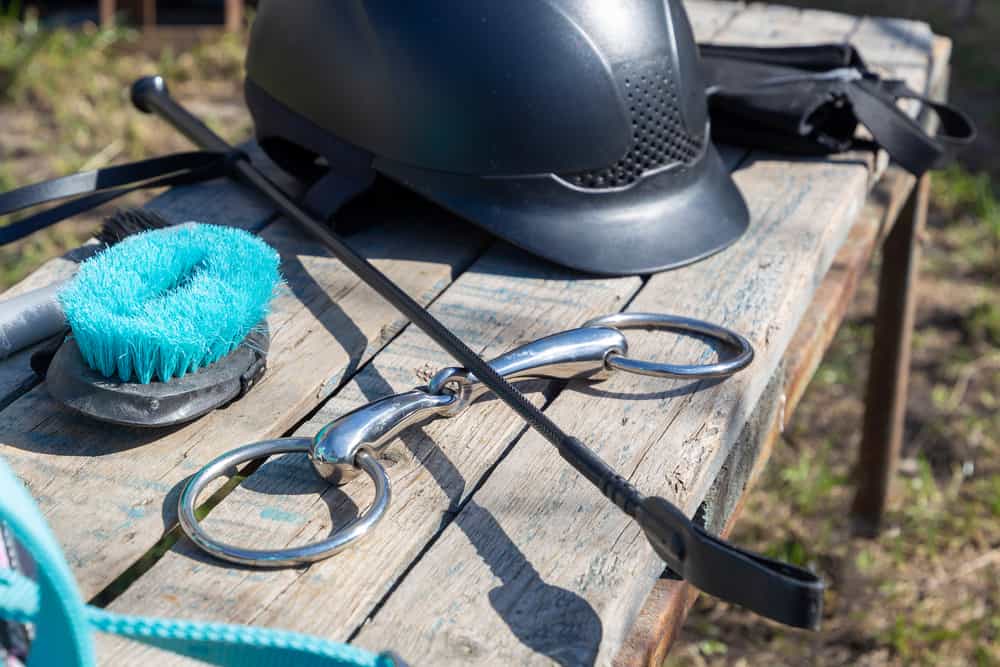
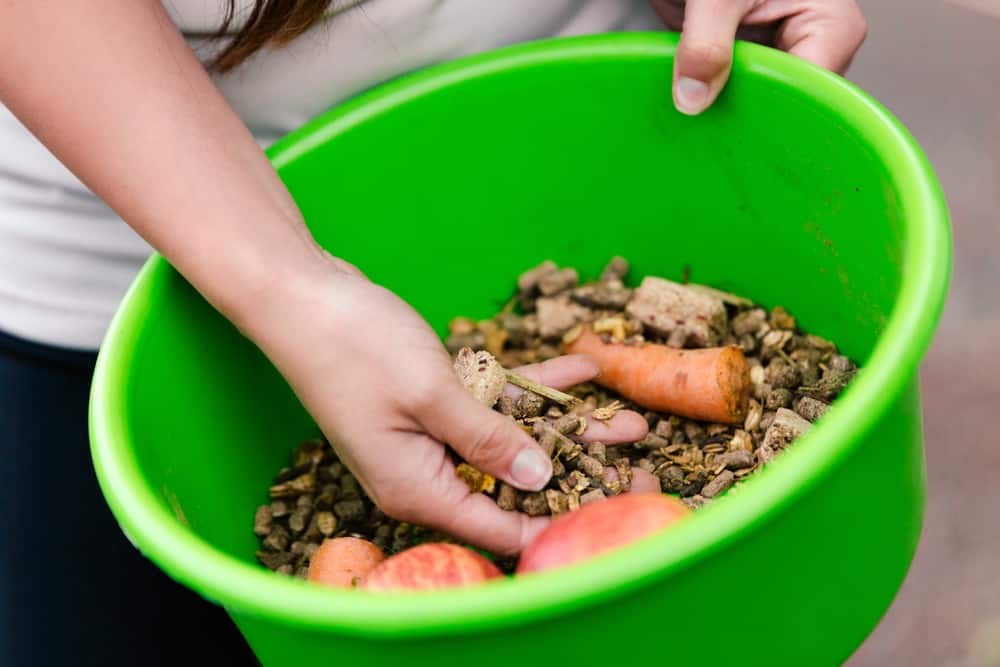
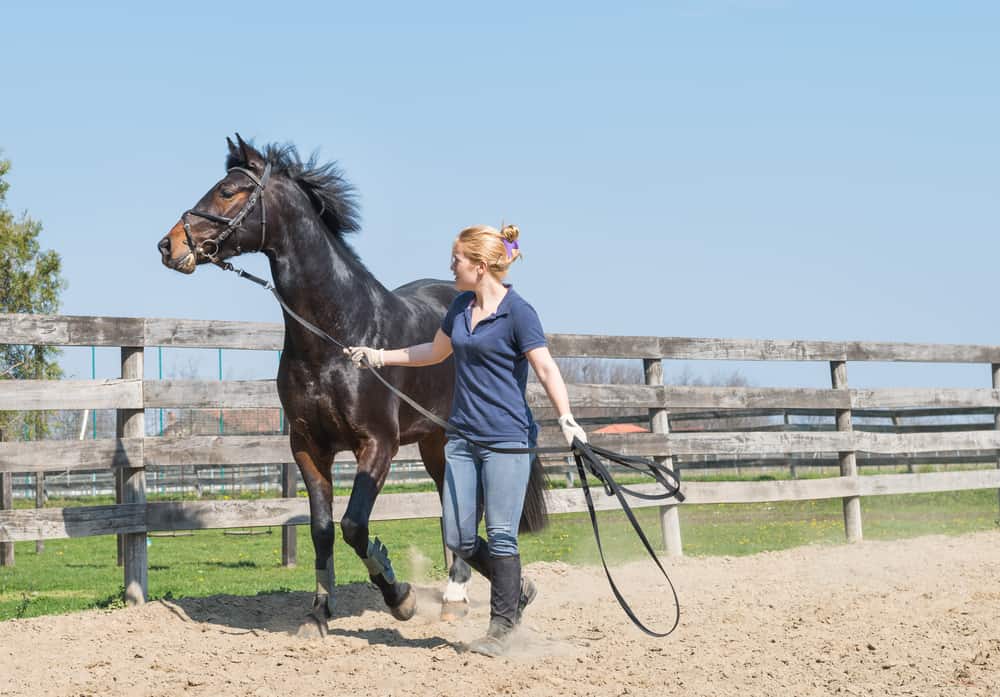
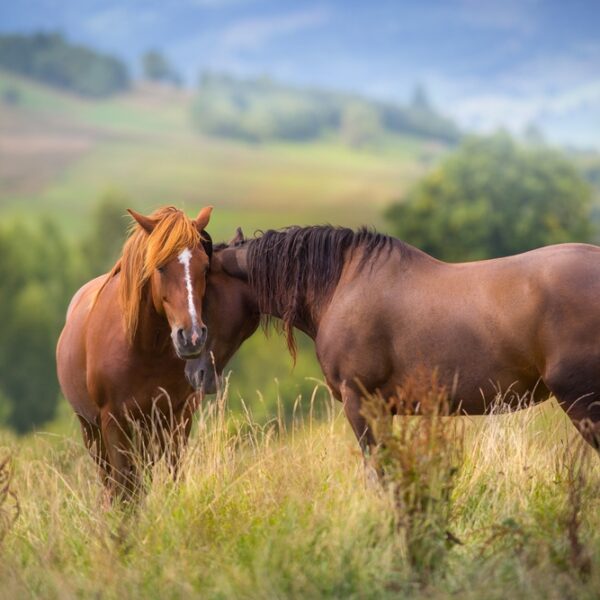
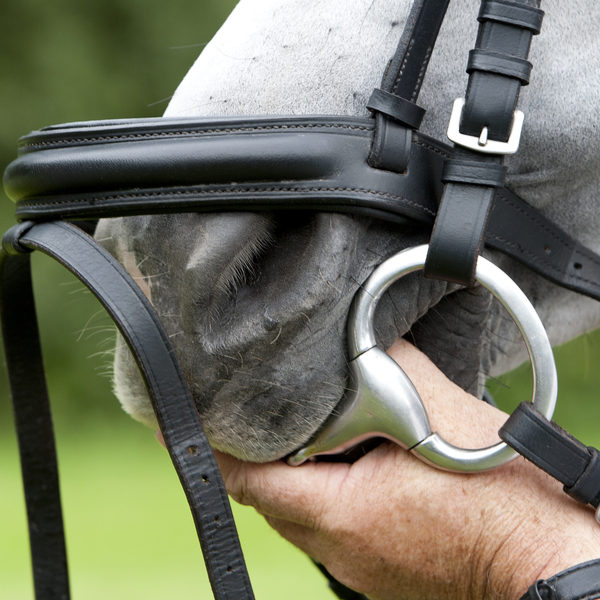
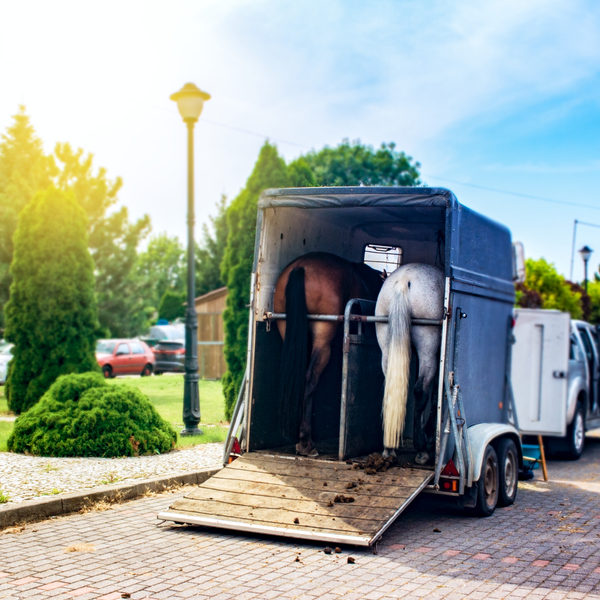
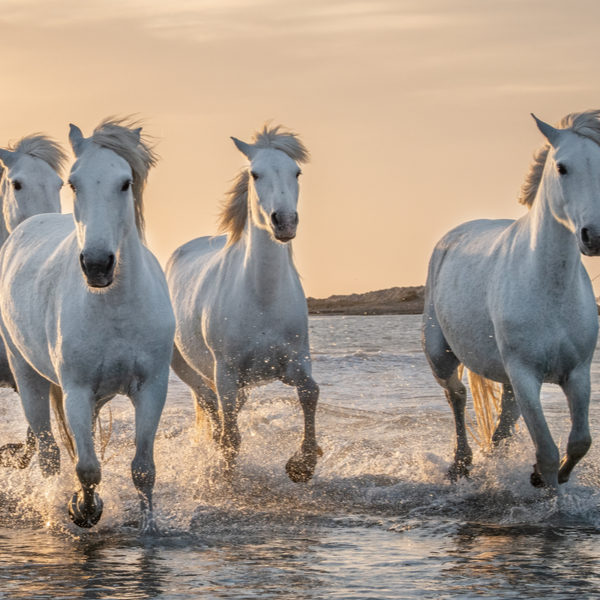
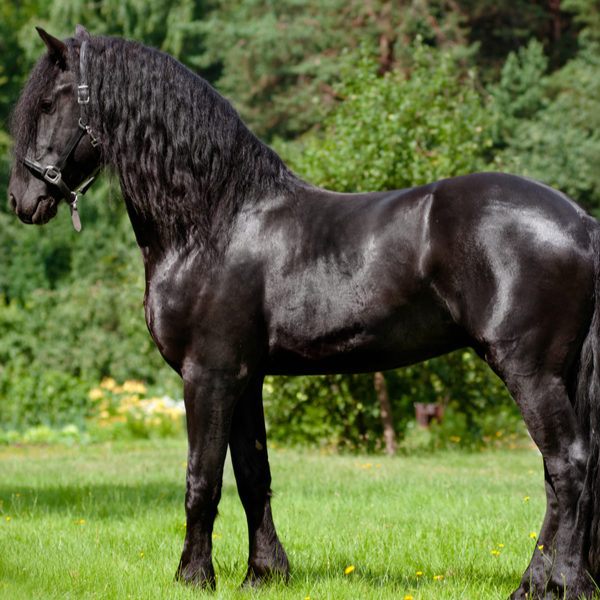
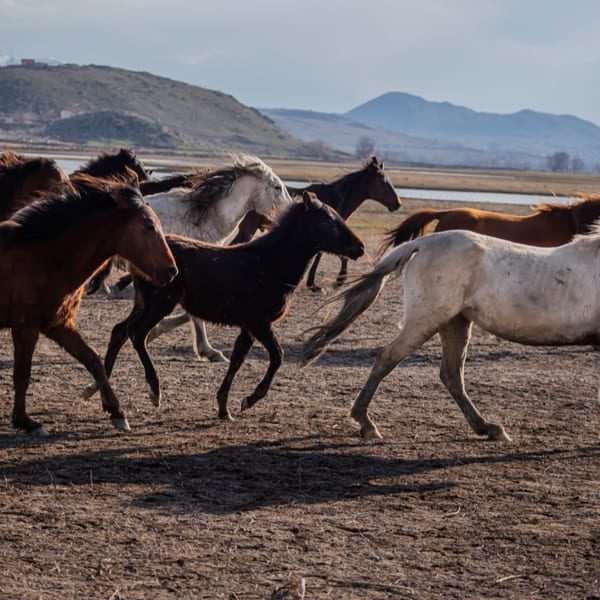
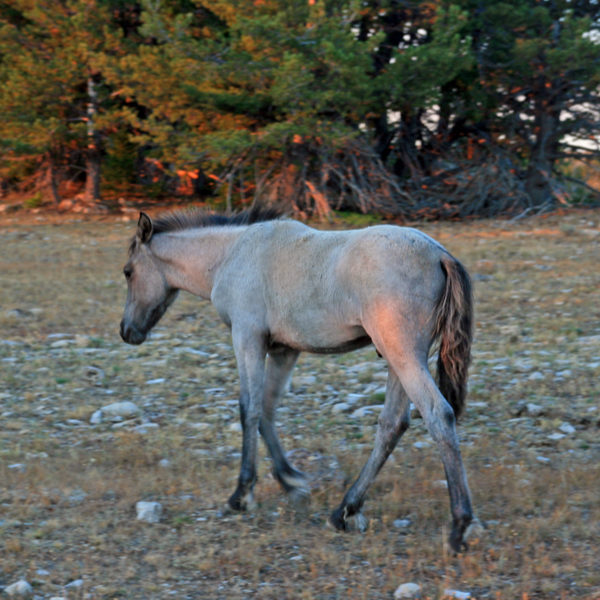
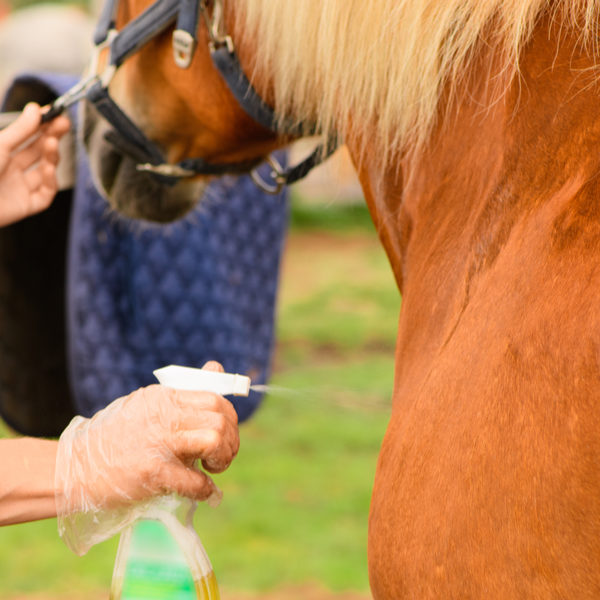
I don’t have words for Said that , My horse they kill him long time ago , Afganoo kill him ,He don’t like animals and want do experiments in him with Animals ,him and Michael Phelps because there are Alliens Afganos ,Estrella and him ,I never saw that and kill Animals and do experiments in them, why no do experiments in them ? They born different and Aliens Afganos
Good article. We own a horse farm, and breed, train and sell horses. It’s always been a work in progress, fixing fences, replacing rails, fighting the drought, grasshoppers, and unpredictable weather. We live close to a ski resort town that’s been attracting very wealthy people for the past few years. As a result, horse properties have become absolutely unaffordable to middle income people. In fact, the real estate interests in our area are constantly harassing us, claiming that we can’t ride horses on the county road, etc, and they would love to see the cattle ranches here replaced by multi million dollar second homes.
Horses to me at least, are a lifestyle. Yeah they’re expensive. But fuel, feed and land prices are all going up. Not to mention the work that is required to take care of the land. And despite what people say, there’s no such thing as a “cheap” horse.